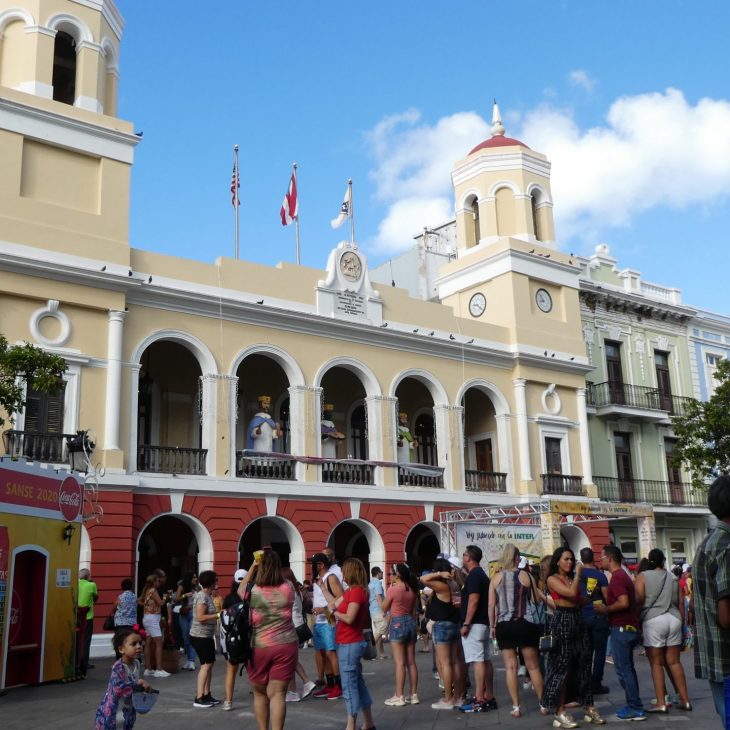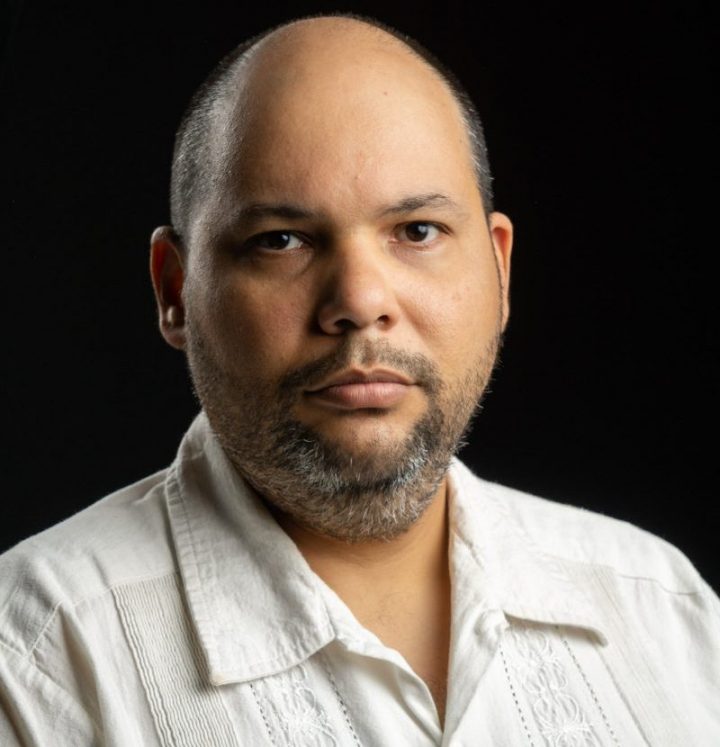Tamales on a Secular Candlemas
February 17, 2023

Puerto Ricans recently celebrated the San Sebastian Street Festival (aka “SanSe”), an almost end-of-Christmas tradition in San Juan. At the end of January, I saw many of my friends posting pictures on social media and remembered that the last time I went was in 1999, my last Christmas in Puerto Rico.
After I moved out of the island in the summer of 2000, I was free to live my life as an atheist. I was finally without pressure from family and random proselytizers to either pretend to be religious or convert to a particular brand of Christianity.
For most of the next two decades, I avoided Christmas. My brand of atheism in those years necessitated a complete break from the Christian tradition. The only times I went to a church were for the occasional friend’s wedding, maybe a funeral.
Around Christmastime, it meant not traveling to spend Christmas Day in Puerto Rico. If I did travel in December, I would do so on December 26, which would have the added bonuses of (a) avoiding Christmas Day and (b) being cheaper than trying to be in Puerto Rico on Christmas Day. It also meant being usually the person in the office working through the holidays.
Two decades on, my atheism (and anti-theism) evolved into Humanism. My journey started with the Jewish holidays. Over the years, I befriended many Jewish neighbors and colleagues, both religious and secular, who invited me to celebrate holidays with them. In those dinners, I discovered how some things transcend religion and bind people through culture.
While I don’t think I can call myself a cultural Christian in the same way that many of my Jewish friends call themselves culturally Jewish, I accepted that Christianity shapes a lot of our culture here in the United States and Puerto Rico. Some societal and personal changes have also helped soften my stance on Christmas.
The biggest change is the increase in the number of people who are not religious, including those of us who openly identify as atheists or agnostic. I’m now a member of a few secular organizations, just finished a term as a director for the American Humanist Association, and I have a network of people ranging from anti-theists to religious Humanists that are not Christian but maybe were at some point and understand what I went through.
Potentially related to the increased secularization of the country is the secularization of Christmas. Over the years, I have noted fewer mangers and nativity scenes. Instead, I’ve noticed more Santa Clauses and snowpeople, a few Jack Skellingtons with Santa hats, and even a Christmas Scooby Doo reindeer. The culture shifted around me in ways I am now noticing.
Listening to Dan Miller’s series “It’s in the Code” as part of the incredible podcast Straight White American Jesus has also helped me realize that I was rebelling not necessarily against Christianity but against a particular brand. Episode 31 of “It’s in the Code” (“Remember the Reason for the Season”) is a must-listen. It helped me navigate through my feelings about the holiday and accept that it is okay for me, a non-Christian, to partake in the festivities.
Finally, in the intervening years since that December of 1999, I got married and had a child. That child has grown up with very few references to religion in their life. They enjoy Christmas (and Hannukah with their Jewish friends), and more than any scholar or activist has taught me the possibility of a purely secular Christmas. Next year they want a Puerto Rican-sized Christmas season, meaning that the tree should be up the day after Thanksgiving rather than our usual let’s-remember-to-get-it-before-Christmas-Day. In many ways, to them, Christmas is the few weeks of time off school that they get to spend with family, and I am fortunate enough to have a flexible job that allows me to do that.
This year we closed the season on February 2, as any Latin American would do. On January 6, we had a Rosca de Reyes with other secular friends. It was a way of honoring the Mexican side of our family while also finding something to take our minds off the 2nd anniversary of the other Jan 6. I may not have been able to attend SanSe this year. However, since I found the child in the Rosca, the tamales are on us on Candlemas.
Share
Related Articles
American Civic Life
Secularism is not Atheism. A New Book Explains Why the Distinction is so Critical.
Racial Equity
American Civic Life
Secular ‘Values Voters’ Are Becoming an Electoral Force in the US

Juhem Navarro-Rivera
Juhem Navarro-Rivera is a political scientist who specializes in American and comparative political behavior. Dr. Navarro-Rivera has a diverse work and research portfolio. He is currently the Political Research Director and Managing Partner at Socioanalitica Research, a consulting firm that helps organizations and businesses that are led by or that serve people of color with research and analysis tools that help them better fulfill their missions.



